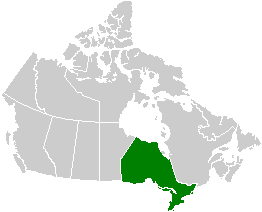The Northwestern Health Unit (NWHU) has been notified of cases of mumps in some communities in the region. Mumps is a viral illness that can be prevented by vaccination. There is no treatment for mumps.

The unit typically hears of one or two mumps cases each year, but this year, that number is more than 20 so far, said Donna Stanley, the health unit’s manager of infectious diseases.
The most common symptoms of mumps are swollen, painful cheeks and neck, fever, headache, muscle aches, weakness and loss of appetite. Complications are rare but serious, including inflamed ovaries or testicles, hearing loss, and meningitis. Those who may be at higher risk of getting mumps include those who have not been vaccinated adequately for mumps, school aged children, those who participate in or organize youth team sports, and those born from 1970 to 1992 who likely only have 1 dose of the vaccine.
Mumps vaccine as part of the Measles-Mumps-Rubella vaccine (MMR) can be 75-95% effective in preventing mumps; the vaccine is the best way to prevent mumps. Immunization protects the individual, and also protects the spread to friends and family. The NWHU’s Medical Officer of Health recommends a second MMR for everyone up to age 47 in our region at this time (unless there is a medical reason for not vaccinating). Please check your immunization records to be sure you have had both doses.
Related:


